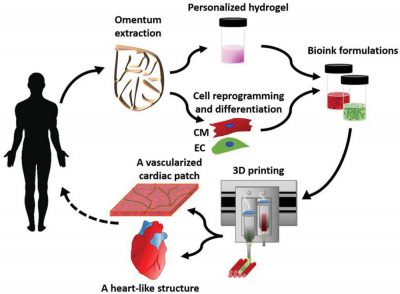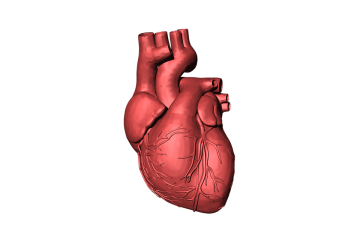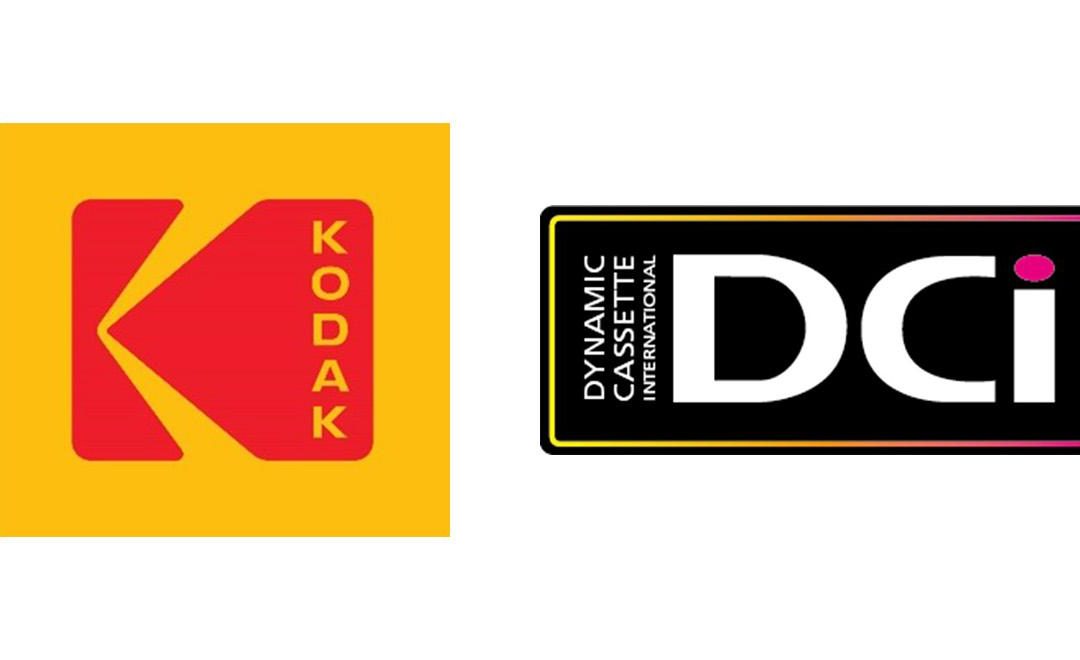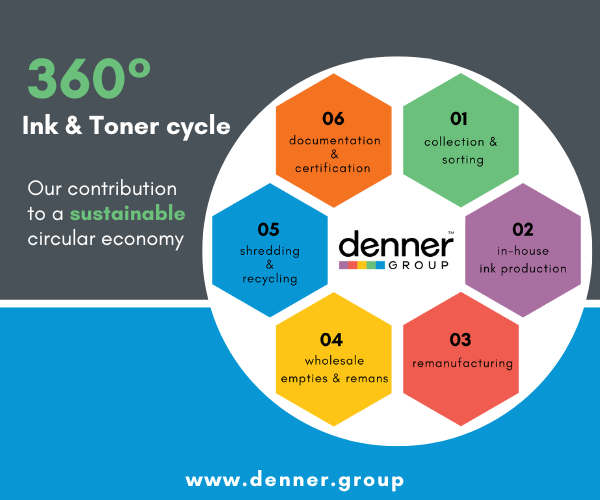
(Noor et al, Advanced Science, 2019)
Scientists from Tel Aviv University have succeeded in 3D printing the first complete human heart, in the hopes of one day revolutionising organ transplants.
As Science Alert reports, the “rodent-sized” human heart printed by the scientists has been labelled a “world first”; it includes “vessels, collagen, and biological molecules”, and it is hoped that this breakthrough indicates that organ donation could someday become unnecessary.
However, there is still a long road to travel before this goal is reached.
“The cells need to form a pumping ability; they can currently contract, but we need them to work together,” explained lead scientist Tal Dvir.
“This is the first time anyone anywhere has successfully engineered and printed an entire heart complete with cells, blood vessels, ventricles and chambers,” Dvir continued.
A scientific paper published online this week by the scientists involved in the breakthrough goes into technical detail regarding the mechanics of the process, which includes taking a biopsy of omental tissue from patients and using this to create an “extracellular matrix” that is then “processed into a personalised hydrogel.”
The paper explains that the results of this successful printing “demonstrate the potential of the approach for engineering personalised tissues and organs, or for drug screening in an appropriate anatomical structure and patient-specific biochemical microenvironment.”









